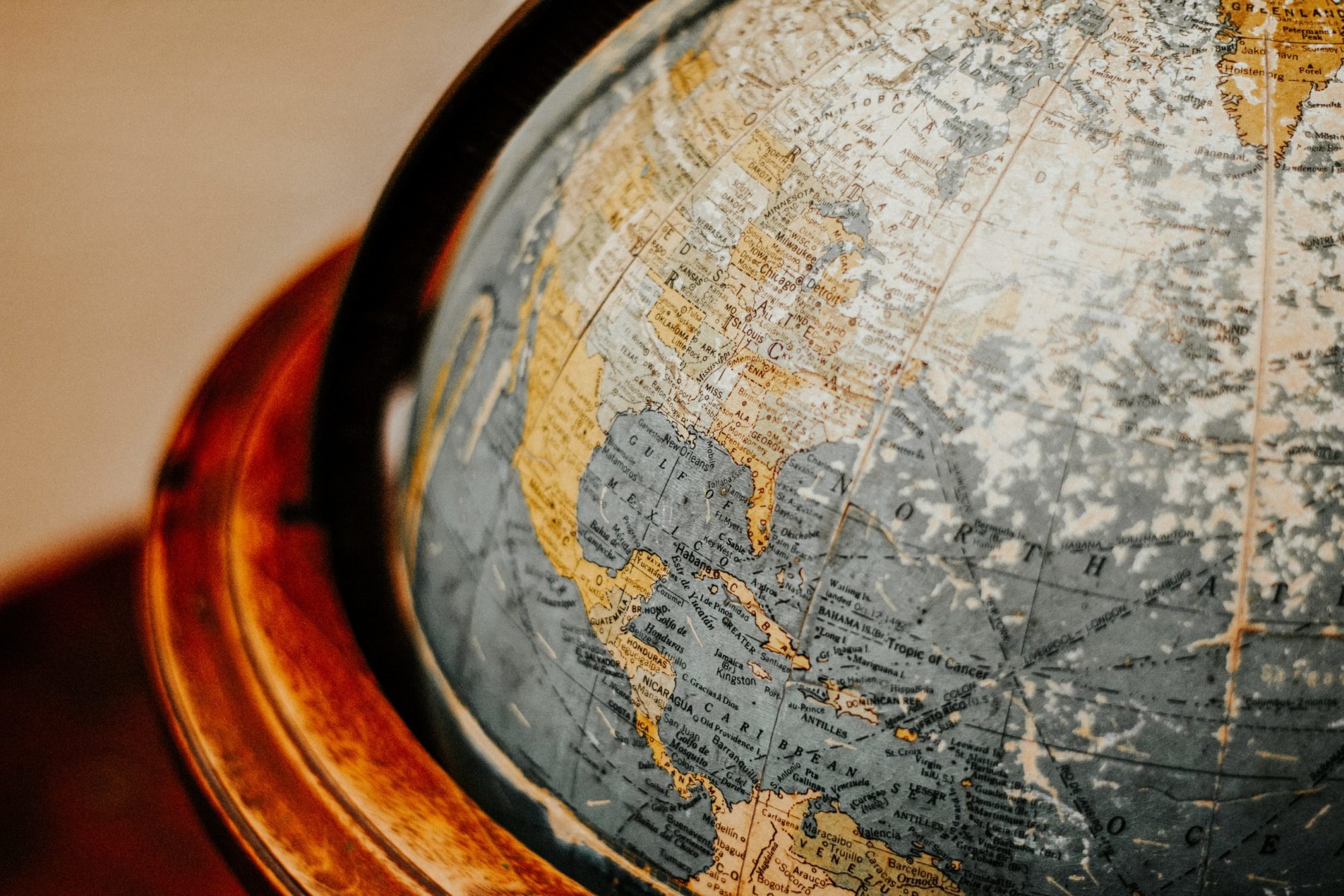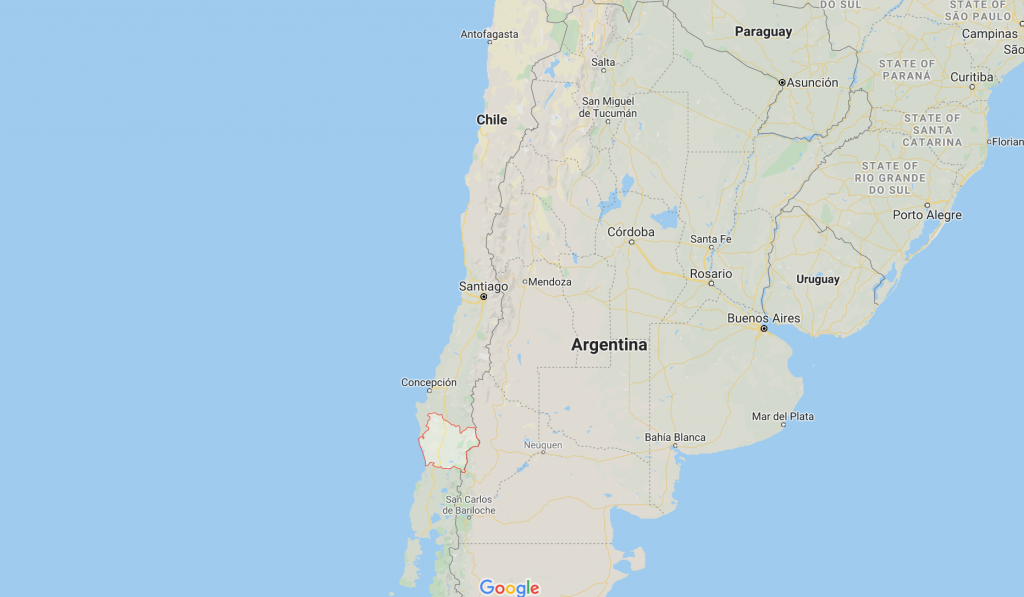Since the beginning of this series on the effects of COVID-19 on Indigenous communities, I have learned about the intersection of the Indigenous status and health for demographics around the world. The first part focused on Indigenous women in Canada and the Māori in New Zealand. The second focused on the Kenyah Jamok in Malaysia and the Khoisan in South Africa.
To echo the sentiments I expressed in my last installment, we must recognize that the oppression of marginalized groups has been systemically tolerated and even encouraged. Insufficient responses from and ineffective initiatives by the government and corporations should not be the catch-all solution for marginalized groups. The resulting harm should not be inevitable, yet it is a normalized and perpetuated reality that continues to go unchecked.
As the pandemic is disproportionately affecting Indigenous communities, I highlight a group in South America, a region that is considered to be a particularly vulnerable hotspot for COVID-19; the Mapuche.
The History of the Mapuche
According to the Mapuche Foundation FOLIL, founded by Mapuches who left Chile during the dictatorship of Augusto Pinochet (1973-1990), the Mapuche people is the largest ethnic group in Chile and makes up approximately ten percent of the Chilean population at 1.3 million. Although there are also Mapuches in Argentina, the heartland of the people is considered to be the Araucanía region.
The Mapuche were not forced to become a part of the Chilean state until the 1880s, when the state army invaded and occupied Mapuche land. After nearly a century of losing ancestral lands and facing military campaigns, the Mapuches seemed to finally receive official recognition through the passage of Indigenous Law 17.729 under president Salvador Allende (1970-1973). Although this would recognize the Mapuche history and culture and restore communal lands, the process was reversed and conditions returned to even worse than they were before Allende through the passage of Decree No. 2568 of 1979 under Pinochet. This law was titled, “for the Indians, Indian lands, the Division of the Reserves and the Liquidation of the Indian Communities.”
During the Pinochet regime, the very existence of the Mapuche people was denied and their rights were ignored. Along with “Indigenous people do not exist” as an explicit testament to Pinochet’s authoritarianism, the imprisonment, exile, and murders of Mapuches resulted in a 25-percent reduction in the number of communities in 1979. The Mapuche call for constitutional recognition was further quelled with the Anti-Terrorism Law of 1984, which specifically targeted the Mapuches by extending the definition of terrorism to even peaceful protests by Mapuches and holding trials in military courts, which are biased against offenses committed by the police.
In response to years of terror, the Mapuche people were mobilized to become more involved in policy decisions that affected their communities. The Corporación Nacional de Desarrollo Indígena (CONADI), or the National Corporation of Indigenous Development, was established in 1993 to advance the Indigenous voice economically, socially, and culturally in Chile. However, even this did not guarantee that Indigenous voices would be respected, as directors of CONADI could be—and have been—removed for opposing the governmental agenda.
The Situation Today
The conditions of the Indigenous population in Chile continue to be insufficient. They suffer from multidimensional poverty, which encompasses inadequate access to healthcare, educational and career opportunities, and environmental and living safety, among others. John Bartlett, a multimedia journalist from Santiago, Chile, points out that 30.2% of the Indigenous population lived in multidimensional poverty in 2017.
The Chilean government was criticized for being “monocultural” and insensitive to Indigenous voices. Its response to the COVID-19 pandemic did not account for Indigenous communities, who would not be able to adapt to preventative measures as easily.
“Our political elites…approach it from their perspective, which is monocultural. It is how they understand the country and the culture, without giving due importance to the other peoples that inhabit the country.”
Salvador Millaleo, with La Tercera
Carole Concha Bell, a writer and founder of the Chile Solidarity Network, highlights the disparity in healthcare for the Araucanía region specifically:
“The public healthcare system has just 1.4 beds per thousand people compared to 2.1 nationally, and 4.6 ventilators per 100,000 compared to 9.2 national average. Access to health care and medicine is a contentious issue among Mapuche people.”
Further, the preventative measures are inconsiderate towards the economic lifestyle of the people living in La Araucanía. Bartlett calls attention to how “nearly 40% of people [in the region] hold down informal employment.” In rural communities like the town of Lonquimay, residents turn toward selling livestock and pine nuts as a means of income, but are inhibited due to travel restrictions. Even in more urban areas like the city of Temuco, Mapuche women were unable to sell vegetables because they were forcefully taken off the streets by police.
What more, the Chilean government failed to maintain accessible communication with Indigenous communities. A fund of 2.5 billion Chilean pesos—the equivalent of 3.1 million United States dollars—was created to support Mapuche businesses. However, the juxtaposition of the online application process and lack of informational documents in the Mapuche language combined with the unstable internet access, limited digital skills, and limited Spanish skills that rural communities may have demonstrated the continued cultural insensitivity of national authorities.
So what?
So what? We must continue emphasizing the “systemic” in systemic injustices and systemic change. We must be sensitive in order to be inclusive in our efforts to address injustice and effect change. As Andrés Cuyul of the Department of Public Health at the Universidad de la Frontera says, “the pandemic response was never designed for [I]ndigenous people–what are people in poor rural communities supposed to do with online yoga and cooking classes?” We must keep in mind that propositions to issues cannot resolve anything if the unique backgrounds of the affected people are ignored.
In my next piece for this series, I will be spotlighting a Native American voice on the effects of COVID-19 on Indigenous people. Until then, here are resources to help you stay informed about what is going on with Indigenous communities around the world: Cultural Survival, Human Rights Watch, Mapuche Foundation FOLIL, and The World Economic Forum.
- Law Enforcement Brutality as a Human Rights Violation - July 30, 2020
- What are NGOs? - July 24, 2020
- Forgotten: How COVID-19 Exacerbates Inequities for Indigenous Communities (Part 3) - July 16, 2020

